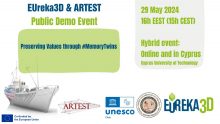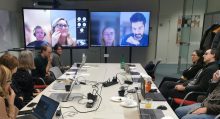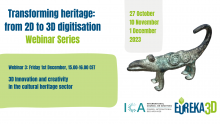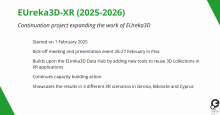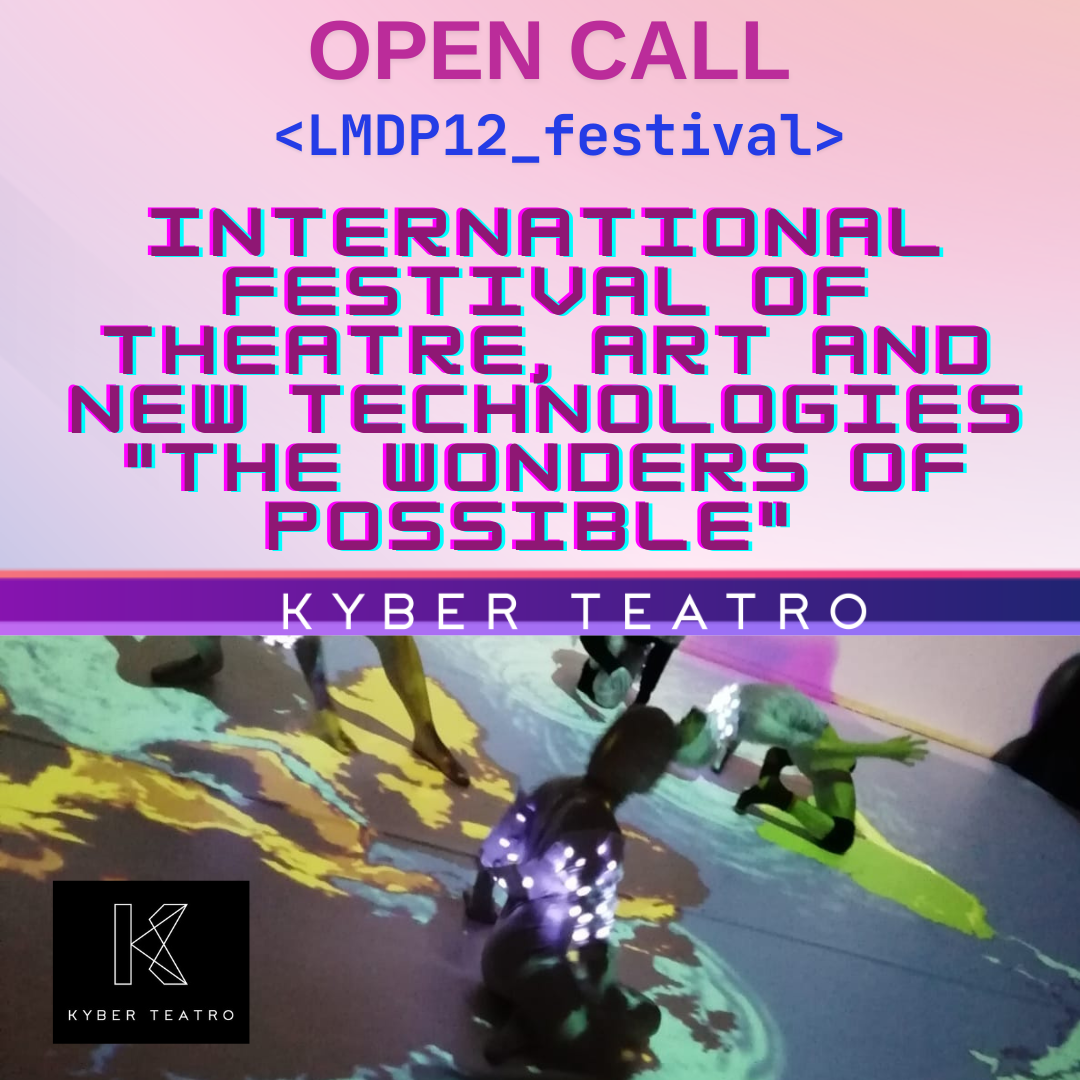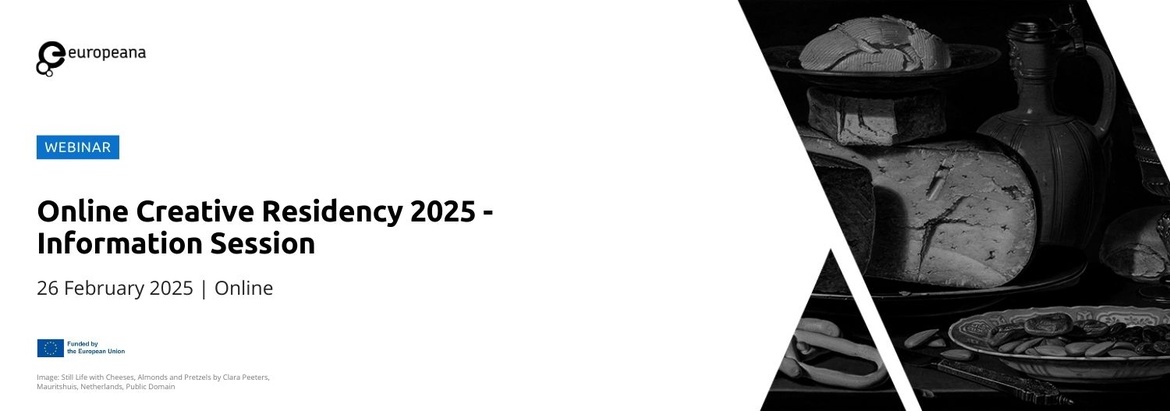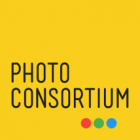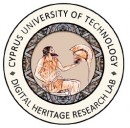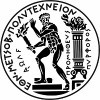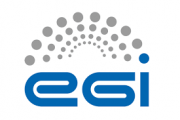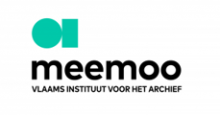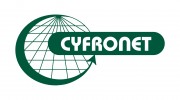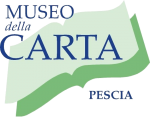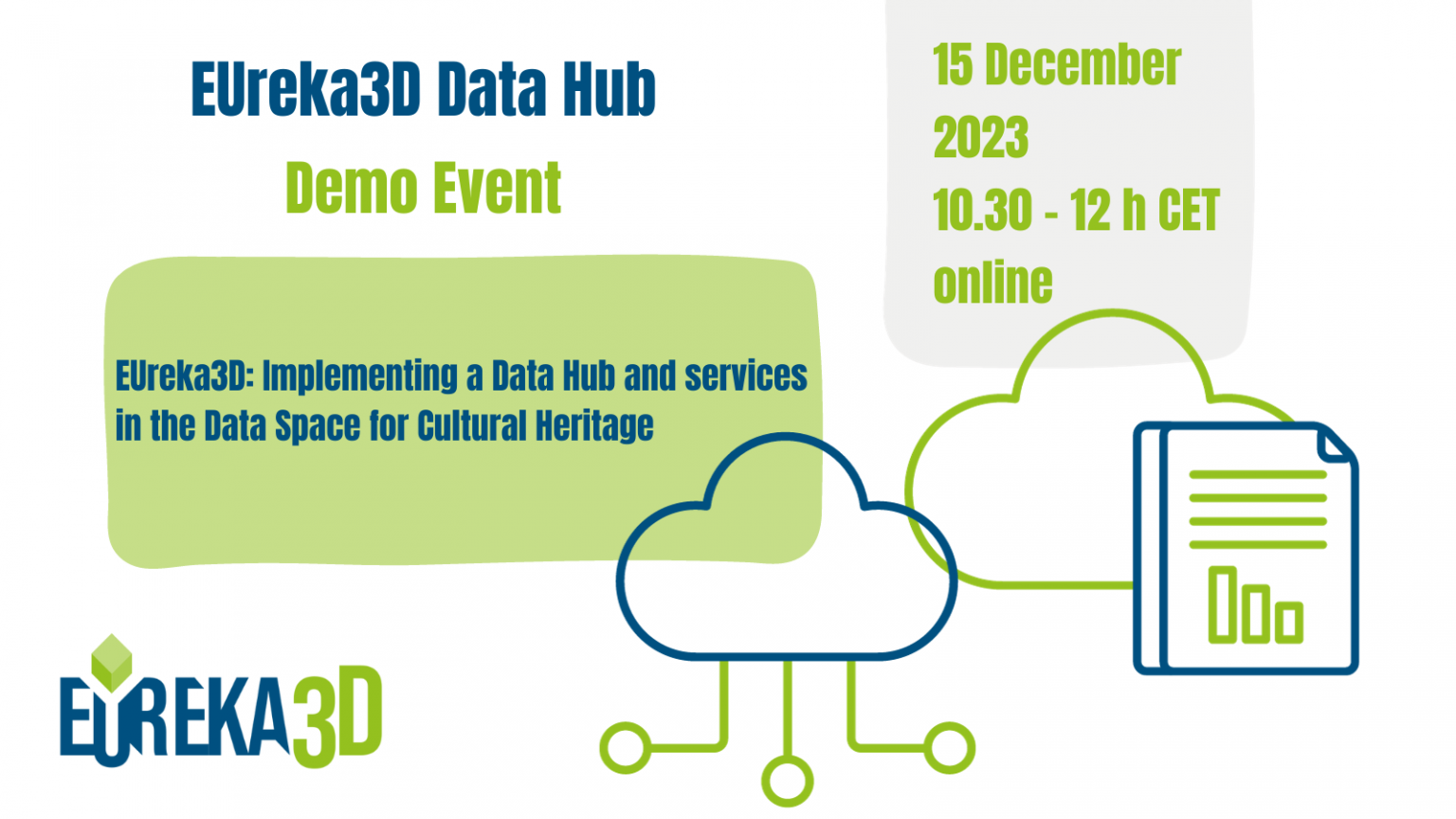
To create 3D models of cultural heritage collections is a new challenge for Cultural Institutions. However, the next steps after digitisation also pose challenges about storage, visualisation and preservation of such 3D models and their accompanying information. What are the available solutions that cultural professionals can consider for their collections management workflows?

In this online demo event, we presented the status of development for EUreka3D Data Hub, a piloting action aiming to create e-infrastructure services for Cultural Institutions, including:
- Access to European computing and storage resources
- Methods on authorisation and authentication with different levels of interaction with users
- Visualisation tools for showcasing and sharing 3D models of different formats and size
- Publication of the services on the European Open Science Cloud (EOSC)

The demo included examples of different 3D models digitised by EUreka3D content providers, to showcase some features of the Data Hub workflow. The demo was followed online by 98 participants, with many lively questions and comments.
Recording and more info here
 This event supports the TwinIt! campaign on fostering and promoting 3D digitisation to broaden access to culture, preserve irreplaceable cultural heritage and to spur innovation and creativity, fostering reuse and potential new services and applications in other sectors. The webinar also contributes to the multidisciplinary capacity-building of heritage professionals in 3D digitisation, exchange of practices and pan-European collaboration and networking.
This event supports the TwinIt! campaign on fostering and promoting 3D digitisation to broaden access to culture, preserve irreplaceable cultural heritage and to spur innovation and creativity, fostering reuse and potential new services and applications in other sectors. The webinar also contributes to the multidisciplinary capacity-building of heritage professionals in 3D digitisation, exchange of practices and pan-European collaboration and networking.
The event took place after the EUreka3D second plenary meeting where partners in Brussels and online reviewed the progress of the project at the end of our first year of work. Additionally, a meeting of the EUreka3D Advisory Board of experts followed the demo to collect impressions, advice and recommendations that will be taken into account in the subsequent phases of development in 2024 during year two of the project.
![]() EUreka3D project is co-financed by the Digital Europe Programme of the European Union.
EUreka3D project is co-financed by the Digital Europe Programme of the European Union.




